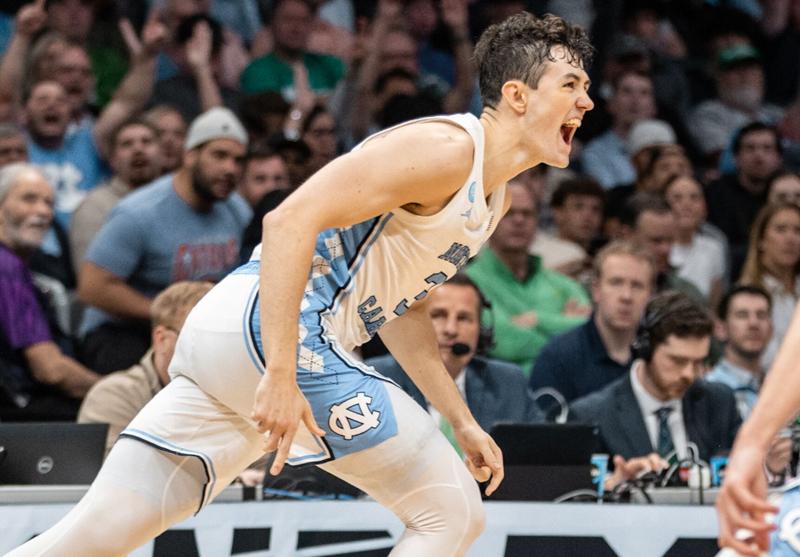Virginia Attorney General Jason Miyares and other state attorneys general have reached a settlement with the National Collegiate Athletic Association, ending its ban on student-athletes signing name, image and likeness (NIL) deals during recruitment.
The agreement, pending court approval, will allow athletes to negotiate NIL compensation before committing to a school.
“For too long, the NCAA’s outdated restrictions unfairly limited student-athletes’ economic opportunities, holding them to a different standard and restricting their ability to benefit from their talent and hard work just like any other American. Virginia is proud to have helped lead the fight to protect student-athletes’ freedoms and create a more just and competitive future for college athletics,” Miyares said Monday.
NIL rights allow student-athletes to profit from their name, image and likeness through sponsorships, endorsements and other commercial opportunities. Before 2021, NCAA rules barred student-athletes from earning money through personal branding, even though their schools and the NCAA profited from their likeness in broadcasts, merchandise and marketing.
In 2021, the NCAA lifted the blanket ban on NIL deals but still prohibited student-athletes from signing NIL agreements during recruitment. This meant that prospective college athletes and those in the transfer portal had to commit to a school before finding out what NIL opportunities would be available to them, limiting their access to financial opportunities.
Key changes for student-athletes, if approved, will:
Allow student-athletes, including transfers, to sign NIL deals before choosing a school.Permit third parties to negotiate NIL agreements for recruits.Let schools provide NIL guidance and regulatory support.Block the NCAA from bringing back similar restrictions.Require the NCAA to make NIL policy changes public and consult with states for the next five years.
Miyares and Tennessee Attorney General Jonathan Skrmetti sued the NCAA in January 2024, arguing that NIL restrictions “violate federal antitrust law, stifle competition, and unfairly limit both current and future student-athletes.” Attorneys general from Florida, New York and the District of Columbia later joined the case against the NCAA.
“We fought hard to protect the rights of Tennessee’s student-athletes and this settlement locks in the victory for them,” said Skrmetti. “With a multi-billion-dollar entertainment industry rising from the foundation of college sports, the kids who make it all happen should not be the only people denied an opportunity to prosper. This settlement benefits generations of student-athletes, protects Tennessee universities from NCAA retaliation, and pushes college sports toward a new equilibrium that acknowledges financial reality while preserving competitive integrity.”
He continued, “I’m glad to see the NCAA give up on defending a world that no longer exists. I hope the association’s laudable change of position marks a transition from acting as the worst kind of HOA toward cultivating a new era of great college sports for athletes, schools, and fans. We all dream of a future when you can keep up with college sports without having to learn the Federal Rules of Civil Procedure.”
The NCAA is also facing growing pressure to give student-athletes more financial rights. Another proposed settlement in House v. NCAA would allow schools to share revenue with players, with up to $21 million distributed annually per school. A $2.8 billion fund would also compensate former athletes for past NIL restrictions.
Although the court still needs to approve the agreement, if it is finalized, it would be a major shift in how college athletes can profit from their personal brands.







